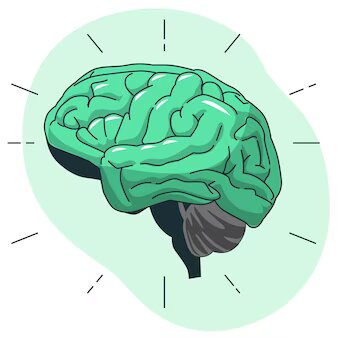Dr.Vivekananth Padmanabhan|HOD-IT|Learning Skills Trainer
Can human brain cells power up a computer?
Scientists say it is possible.
Scientists across multiple disciplines are working to create revolutionary biocomputers where three-dimensional cultures of brain cells, called brain organoids, serve as biological hardware.
Although AI has accomplished a lot so far, it still can’t compare to the processing capabilities of the human brain. Today, researchers came up with a new way to make computers better: organoid intelligence. In this method, hardware is replaced by artificial brains made in a lab.
After seeing human cells in a petri dish learn to play Pong as part of the DishBrain project, scientists from Cortical Labs in Melbourne and Johns Hopkins University think it’s time to build a new kind of computer. (News, 2023)
Scientists call the phenomenon “intelligence in a dish.”
They begin by creating organoids, which are small clusters of 50,000 brain cells generated from stem cells. That is around a third the size of the brain of a fruit fly. They are aiming for 10 million neurons, which is comparable to the number of neurons in the brain of a tortoise. The average human brain contains more than 80 billion neurons.
The human brain continues to outperform robots in many activities.
Humans, for example, can learn to tell the difference between two types of objects (like a dog and a cat) with only a few examples, while AI algorithms need several thousand. And, while AI defeated the world Go champion in 2016, it was educated using data from 160,000 games the equivalent of playing for five hours every day for more than 175 years.
The human brain is also more energy-efficient at using power than any other organ. It is estimated that the human brain has a storage capacity of 2.5 petabytes, or more than a million times that of a typical home computer, while consuming only a few watts of energy.
Experts say that organoid intelligence’s most important contributions may be in the field of human medicine.
The cognitive effects of neurological disorders could be investigated with OI; memory development in organoids derived from healthy people and from Alzheimer’s sufferers, for instance, could be compared, and any relative impairments may be addressed. (Strickland, 2023)
OI could be used to find out how possible neurotoxins, such as pesticides, affect cognitive function.
Brain organoids could also open up a new way of understanding human cognition.
Biologists, neuroscientists, and others who work on this kind of research shouldn’t be surprised that they tried to look into the ethical problems they will almost certainly face in the near future.
For example, while AI can efficiently collect information on the internet, it can’t react to a change in temperature like a cultured cellular system. (Strickland, 2023). The Artificial mind can react to the environment similar to humans.
The Artificial Mind may be having a similar revolution as Artificial Intelligence in several decades.
References:
1. Strickland, A. (2023, March 2). Move over, artificial intelligence. Scientists announce a new “organoid intelligence” field | CNN. CNN. https://www.cnn.com/2023/03/02/world/brain-computer-organoids-scn/index.html
2. News, N. (2023, March 5). Real AI Will Need Biology: Computers Powered by Human Brain Cells – Neuroscience News. Neuroscience News. https://neurosciencenews.com/organoid-intelligence-ai-22714/





